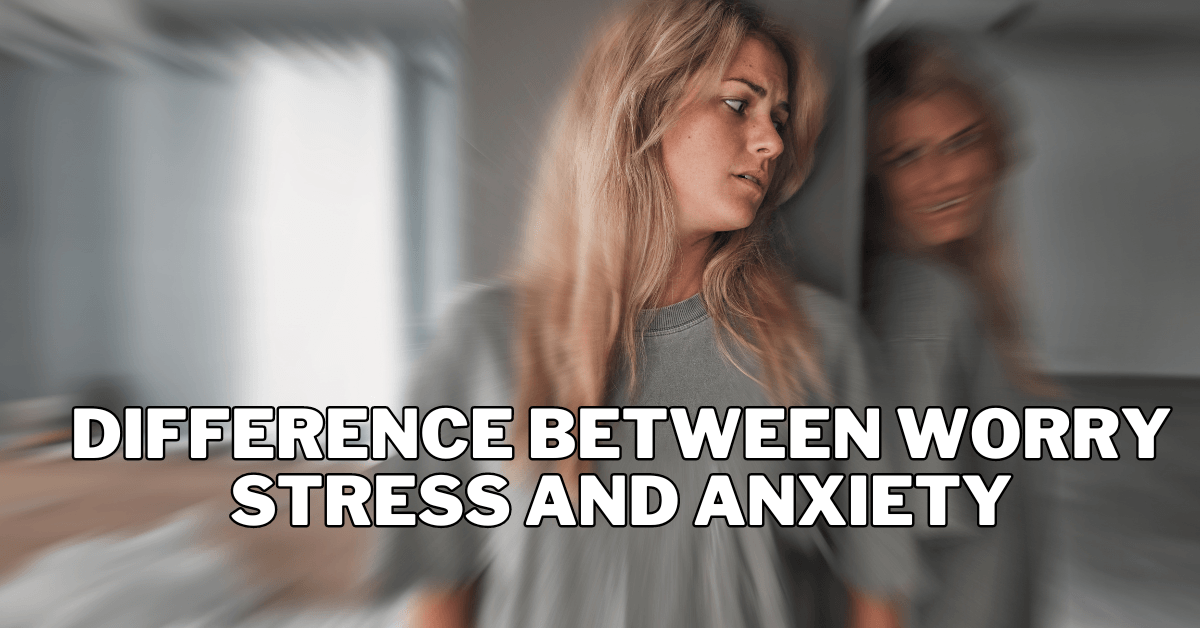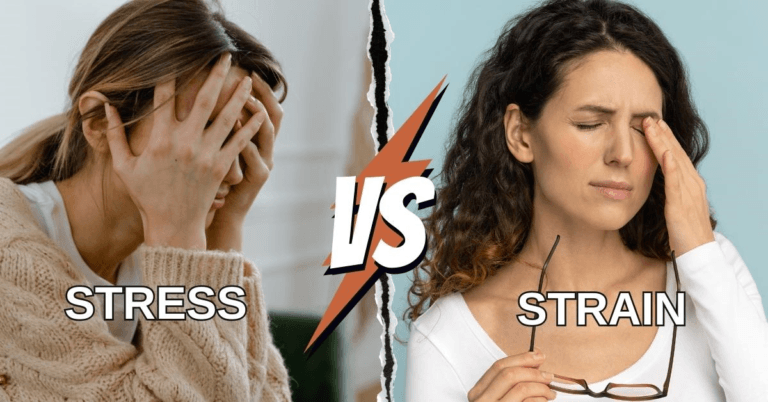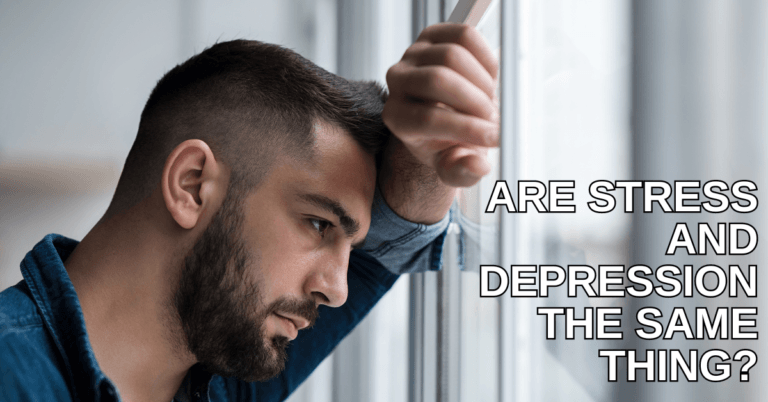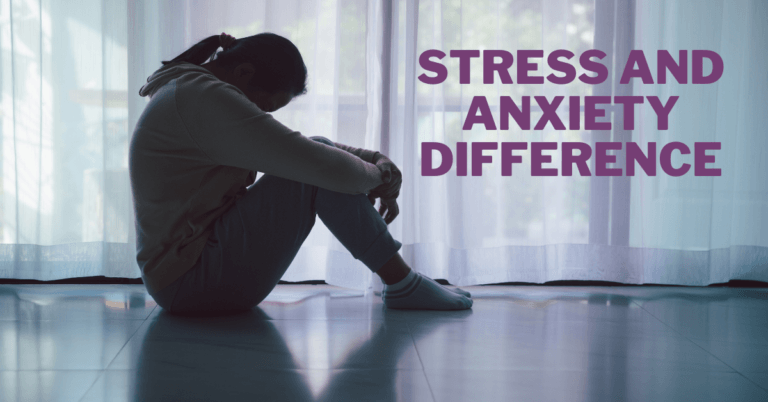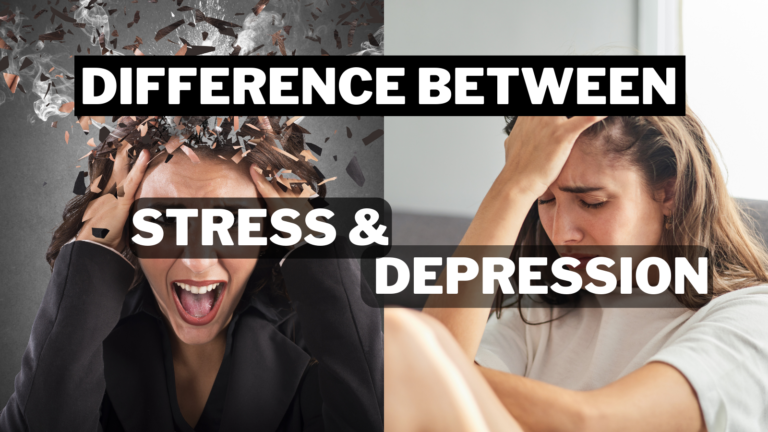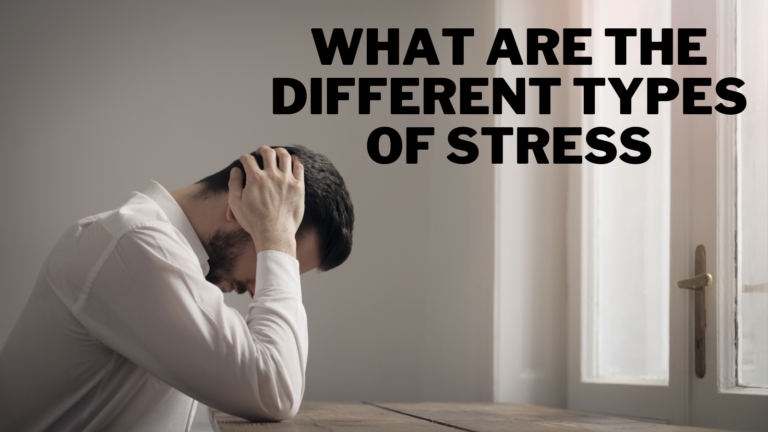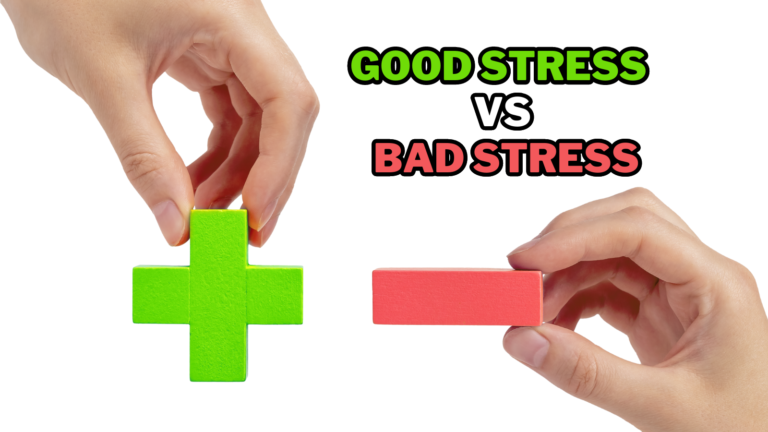The Difference Between Worry Stress And Anxiety
The Difference Between Worry Stress And Anxiety
We frequently use the terms “worried,” “stressed,” and “anxious” interchangeably in our daily lives.
They are crucial in expressing our feelings and can support us in reaching out to coworkers, family, and friends when needed.
However, distinguishing between these three terminologies can also prove to be crucial in aiding us in recognizing the problems that are hurting our mental health and better resolving them.
Acknowledging and caring for our mental health can allow us to change the situation to our advantage when we already have a finite amount of time and energy, such as at work.
By gaining a clearer understanding of worry, stress, and anxiety, we can begin to differentiate between them and develop tailored approaches to manage each one.
So, let us embark on this journey to unravel the complexities of these emotions and discover how we can better manage them in our lives.

What Is Worry?
In its most basic sense, worry describes a feeling of uneasiness or concern around conceivable future events or results.
It involves persistent, bothersome thoughts about dangerous scenarios, unknowns, or imagined threats.
Worry tends to be more widespread and can come from various sources instead of stress and anxiety, which may have specific reasons.
Let's look at an illustration to comprehend worry better:
Imagine that you have a crucial presentation scheduled for the following day at work. You start worrying more and more as nighttime draws near.
You could find it difficult to turn your attention away from these. Insomnia, restlessness, and a general feeling of unease might result from this.
In this case, the anxiety is brought on by the expectation of an upcoming event and the concern over possible adverse consequences.
The person typically feels helpless or has no control over the situation, characterized by a preoccupation with what might go wrong.
Rumination and overthinking are frequent companions of worry, which is more likely to be cognitively focused.
While some anxiety is normal, excessive or chronic worry can negatively impact our general well-being, including higher stress levels and a reduced capacity for making sound decisions.
So, to preserve your mental health and achieve your goals, you must learn how to control and reduce your worry.
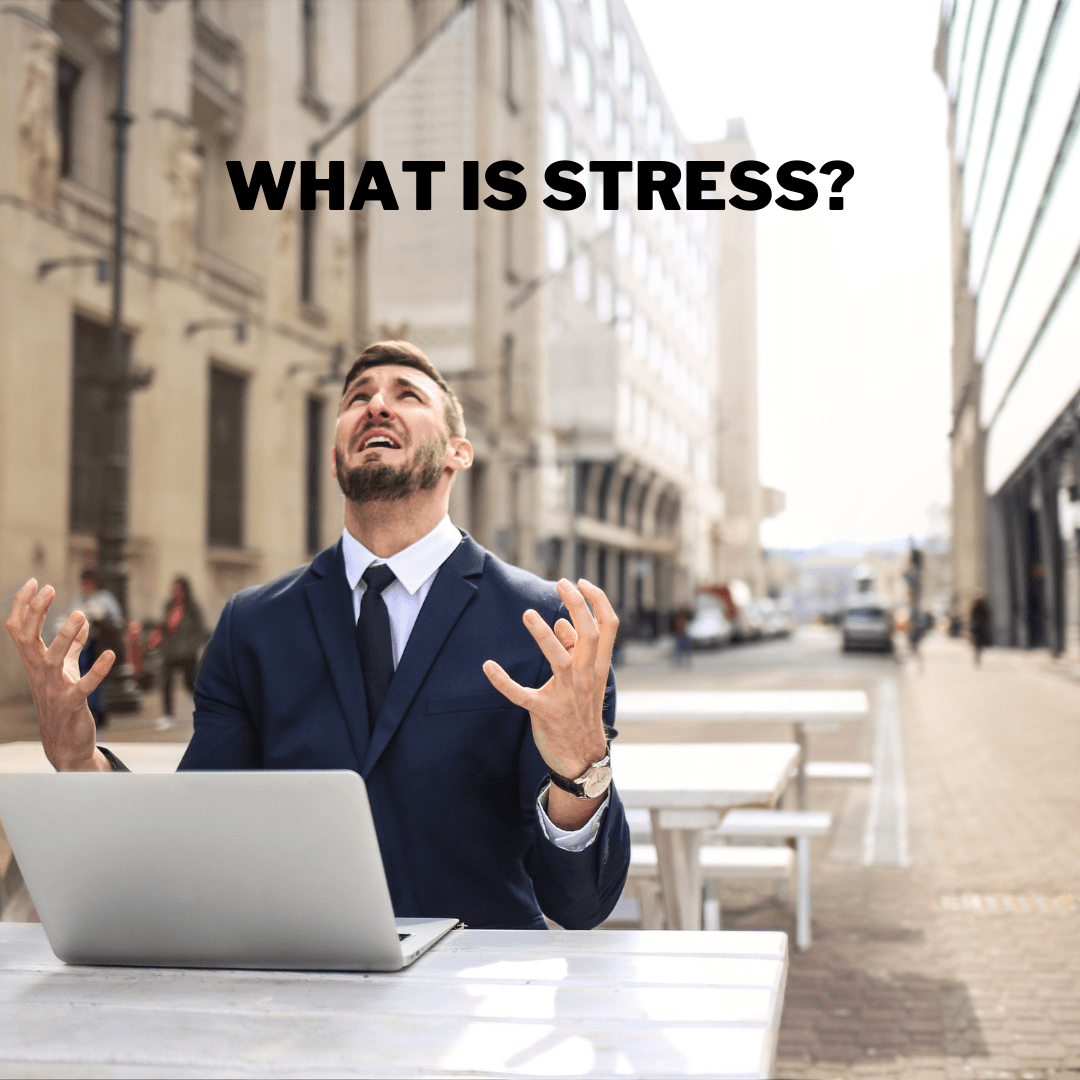
What Is Stress?
Stress is the body's reaction to pressures or demands from without, and feelings of strain, tension, or overload frequently accompany it.
It is a normal physiological and psychological response when faced with difficult or stressful circumstances.
Numerous things, such as demands at work, personal issues, money troubles, or significant life changes, can lead to stress.
To better comprehend stress, let's look at this illustration:
Consider yourself a student getting ready for final examinations. You have a lot of reading material to go over, several disciplines to study, and deadlines to meet.
As the exam dates draw near, stress may start to set in. You worry about performing well, feel overburdened by the quantity of work, and worry about the repercussions of not meeting your standards. This stress reaction could show up.
Physical symptoms like an accelerated heart rate, sweaty palms, or trouble falling asleep could result from this stress response. You might experience emotional restlessness, anxiety, or irritability.
The stresses and demands of the academic burden in this situation lead to stress. The “fight-or-flight” response, which gets the body ready to react to perceived threats or difficulties, is triggered by it.
Although a certain amount of stress can motivate people and enhance performance, excessive or ongoing stress can harm physical and mental health.
Stress can range in severity and duration, which is crucial to remember. Stress experienced just before making a presentation or taking a test is an example of acute stress because it is brief and transitory.
On the other hand, chronic stress is a longer-lasting form of stress that can be brought on by persistent stressors like a bad job, a strained relationship, or financial instability.
Anxiety, depression, a weaker immune system, and cardiovascular difficulties are just a few health concerns that can result from prolonged exposure to poorly managed stress.
Developing efficient stress-reduction strategies, such as deep breathing exercises, time management, and seeking out social support, can assist in lessening the harmful effects of stress and advance general well-being.
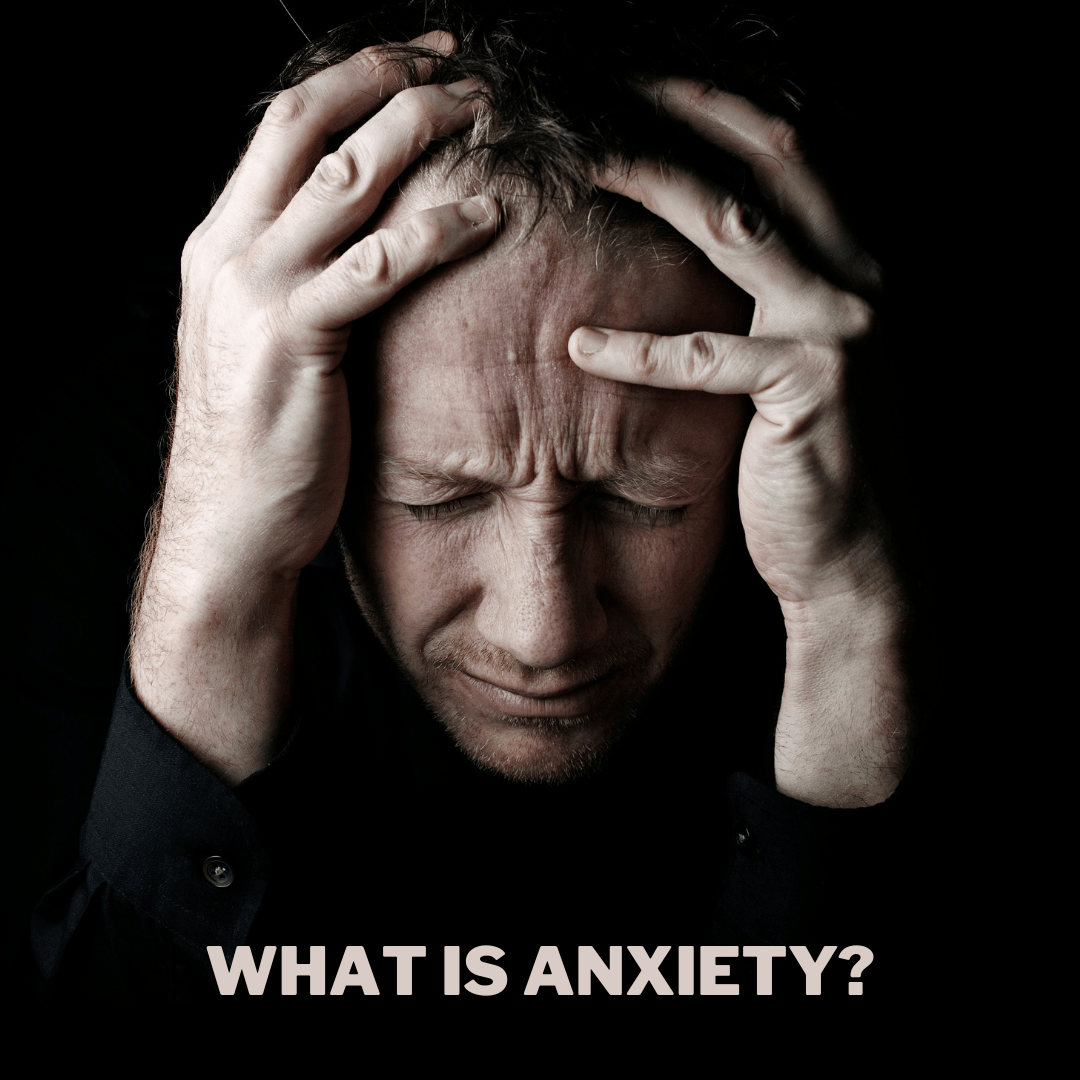
What Is Anxiety?
A persistent feeling of fear, dread, or unease is referred to as anxiety. This feeling is often defined by excessive and illogical worry about upcoming events, even when no imminent danger exists.
There is a strong urge to avoid or flee the perceived source of anxiety. There is also a sense of increased arousal.
Numerous things, including particular circumstances, items, or even inner thoughts and feelings, can cause anxiety.
To better comprehend anxiety, let's use the following example:
Consider having a booked flight yet having a fear of flying. You start feeling quite anxious as the date gets closer.
The only things on your mind are possible airline crashes, turbulence, or feeling confined in the aircraft.
Even the prospect of boarding the airline can cause you to become physically agitated, have trouble falling asleep, or feel like your heart is beating quickly. You can even think about scrapping the trip to escape the stressful circumstance.
An anxiety-related dread of flying is the root cause of the present situation. It entails a disproportionate and unjustified concern for aviation safety and possible adverse effects.
The anxiety response is frequently exaggerated compared to the circumstance's actual threat.
Generalized anxiety disorder (GAD) is characterized by constant and excessive worry about various elements of life, including work, health, economics, or relationships.
Chronic anxiety is possible for those with GAD, who may also struggle to control their worry.
Remembering anxiety disorders can greatly affect daily functioning and quality of life is vital. They may cause problems at work, interpersonal relationships, and well-being.
To control and lessen anxiety symptoms, seeking professional assistance, such as counselling or medication, can be helpful.
In addition, frequent exercise, learning and using relaxation techniques, and putting stress management approaches into practice can all help reduce anxiety.
Anxiety vs Worry: Decoding The Differences
Understanding the subtleties of these sensations may benefit from differentiating between anxiety and concern.
Despite their connection, there are important differences to consider. Along with physical signs like a racing heartbeat, sweating, and shortness of breath, anxiety typically comes with a deeper and more pervasive sense of dread.
There is a persistent discomfort since it is more widespread and can persist without regard to any stimulus.
Worry, on the other hand, tends to be less intense and may be more narrowly focused on certain worries or future events.
Even though it often doesn't show up as bodily symptoms or a generalized feeling of dread, it entails persistent thoughts and worries about possible unpleasant outcomes.
Recognizing and dealing with the specific emotions one is experiencing might be helpful by being aware of these distinctions.
Understanding these differences can help one pinpoint the exact emotions they are experiencing and treat them, resulting in more focused and efficient coping mechanisms.
Worry is one of the components of anxiety, which can be considered a more general emotional state.
It frequently entails an intensified sense of fear, uncertainty, and unease. Stress tends to be more widespread, extending beyond particular circumstances or occurrences, and it can affect how effectively people perform daily.
Physical manifestations like an accelerated heartbeat, perspiration, tense muscles, and restlessness go hand in hand.
However, the concern is a particular cognitive process that falls under the umbrella of anxiety.
It alludes to intense, persistent, and recurrent worries about uncertain or potentially harmful results.
Concerns like work-related problems, health problems, or interpersonal connections are often the focus of fear.
Worry, in contrast to anxiety, may not always require the same level of physiological arousal or interfere with daily activities.
Anxiety is a broad emotional state marked by intensified fear and unease, frequently accompanied by physical symptoms.
On the other hand, worry is the cognitive component of anxiety and is characterized by persistent thoughts and worries about particular problems or potential bad outcomes.
These distinctions can aid people in better understanding their emotional experiences and point them toward suitable coping mechanisms and solutions.
Stress vs Anxiety: Understanding The Difference
Consider stress as a response to demands and pressures from the outside world, which can have beneficial and negative effects.
It's a natural aspect of life and occasionally inspires us to fulfill deadlines or overcome obstacles.
A job interview or a project's tight deadline are two scenarios or occurrences frequently linked to stress. Once the stressor is eliminated or things improve, it usually disappears.
On the other hand, anxiety is a more pervasive and persistent feeling of unease, fear, or worry. It can happen without a clear trigger and is frequently less related to particular incidents.
Excessive and unreasonable worrying about many elements of life, such as health, relationships, or the unknown future, is a common feature of anxiety. It can last long, causing serious distress and impairing day-to-day activities.
Anxiety is an internal emotion that can surface without a threat or other external stressors, whereas stress is often a reaction to external demands.
A pattern of pessimistic thinking, increased alertness, and worry or anticipation of upcoming events are all common symptoms of anxiety.
Physical signs, including agitation, difficulty focusing, and muscle tightness, can also be present.
Another distinction is that, in contrast to anxiety, which can last long and may not have a clear goal, stress is typically time-limited and associated with certain circumstances.
While pressure can be controlled and alleviated by treating the stressor directly, anxiety frequently calls for more extensive tactics, such as therapy, relaxation methods, and coping mechanisms.
As a result of external pressures or obligations, stress can be both good and negative.
In contrast, anxiety is a persistent feeling of unease and worry that may not have a clear source or resolution.
Understanding the differences between stress and anxiety can help people better understand their feelings and, if necessary, seek the right assistance and remedies.
Negative Health Effects of Worry, Stress, and Anxiety
Anxiety, stress, and worry can all harm many facets of our health. Here are some specifics on how they negatively affect society:

1. Physical Health
Long-term stress, anxiety, and worry can exacerbate several physical health problems. High blood pressure, cardiac and immune system deterioration, digestive issues, headaches, and sleep disruptions are among them.
Numerous biological systems may get overworked due to the body's frequent activation of the stress response, which could result in long-term health issues.

2. Mental Health
Constant concern, ongoing stress, and excessive anxiety can negatively affect mental health.
They are intimately linked to the onset or worsening of mental health conditions such as major depressive disorder, panic disorder, and generalized anxiety disorder (GAD).
These issues may impact general psychological health, including mood and cognition.
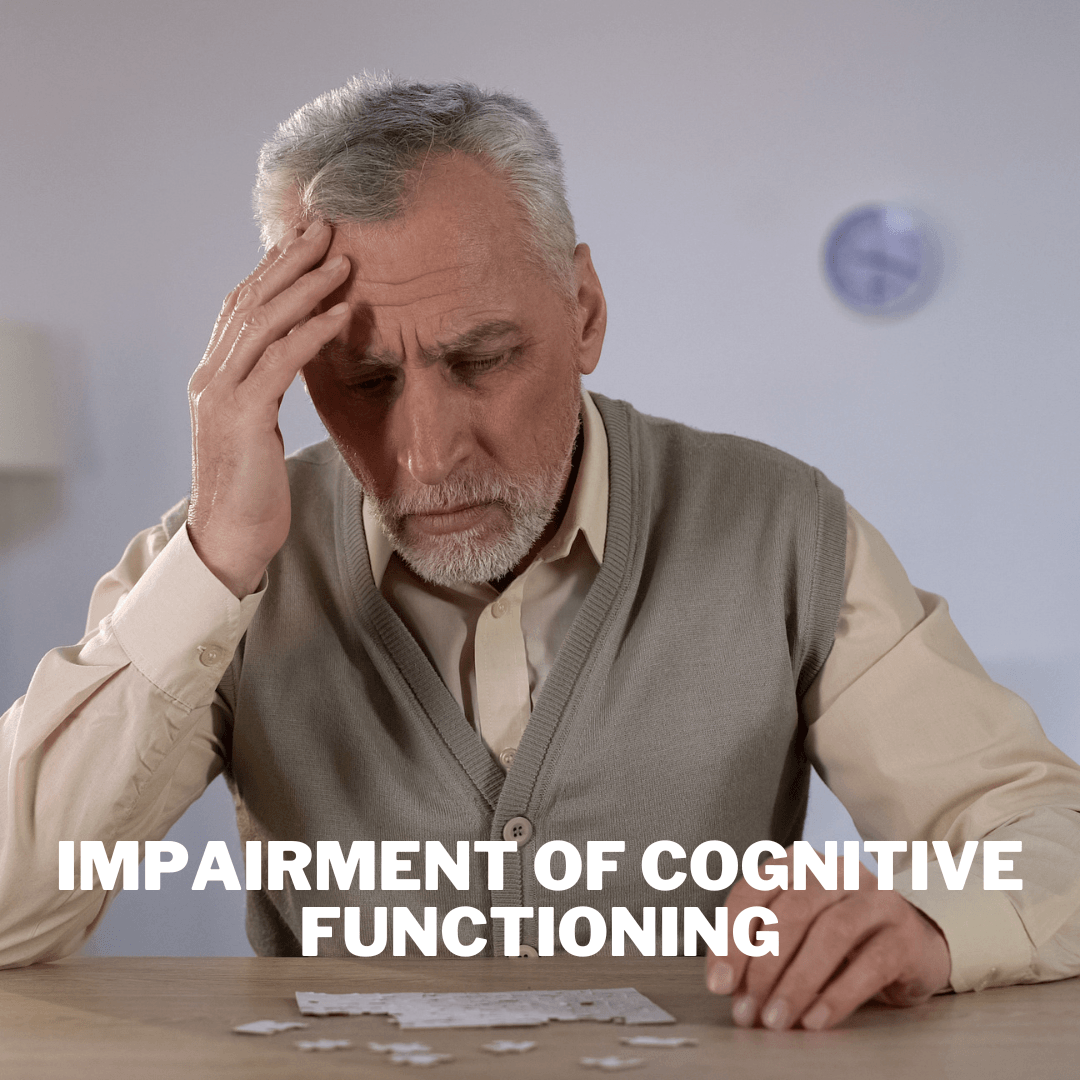
3. Impairment Of Cognitive Functioning
High levels of anxiety, stress, and worry can affect a person's ability to remember things, pay attention, and make decisions.
They may make it harder to focus, which could hurt how well you do in class or at work.
Over time, these impacts may impede one's capacity for both personal and professional development, impeding success and productivity.
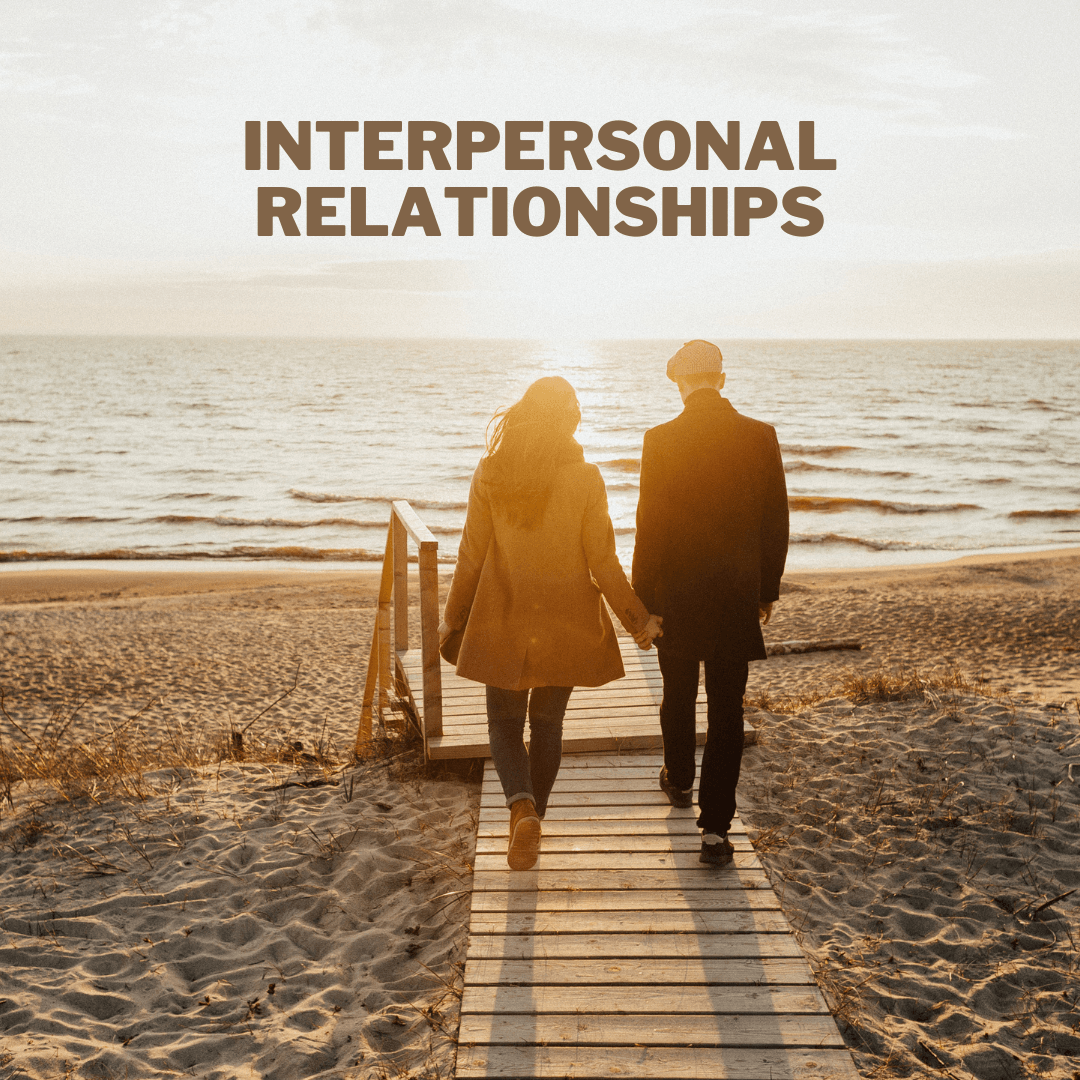
4. Interpersonal Relationships
Excessive stress, worry, and anxiety can deteriorate bonds with friends, family, and coworkers.
These feelings can cause people to become more irritated, easily overwhelmed, or socially reclusive.
This can make it harder to communicate, generate arguments, and make people feel lonely, which makes the emotional strain worse.

5. Decreased Quality Of Life
Stress, anxiety, and worry all hurt a person's general quality of life. They may restrict engagement in pleasurable activities, undermine motivation, and increase difficulty.
They can limit the enjoyment of enjoyable activities, lower inspiration, and make it difficult to appreciate times of relaxation or joy.
Constantly dwelling on bad feelings and ideas might overshadow good ones and prevent personal fulfillment.
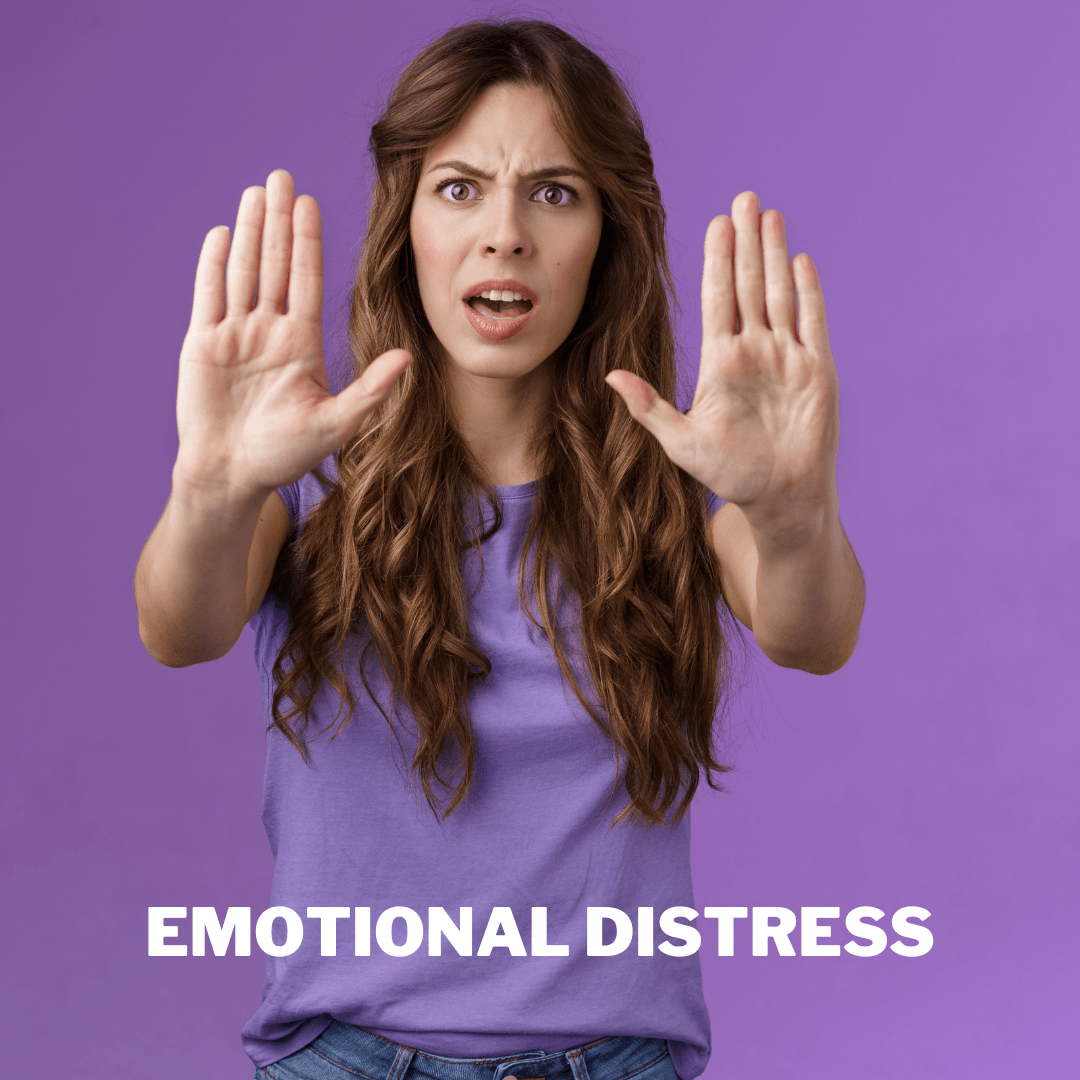
6. Emotional Distress
Stress, anxiety, and worry can result in powerful and overpowering feelings. Fear, agitation, irritation, and a sense of impending doom are possible emotions that people may encounter.
These mental distresses can make it difficult to go about your regular business, make it difficult to enjoy life and lead to a continuous feeling of disquiet.
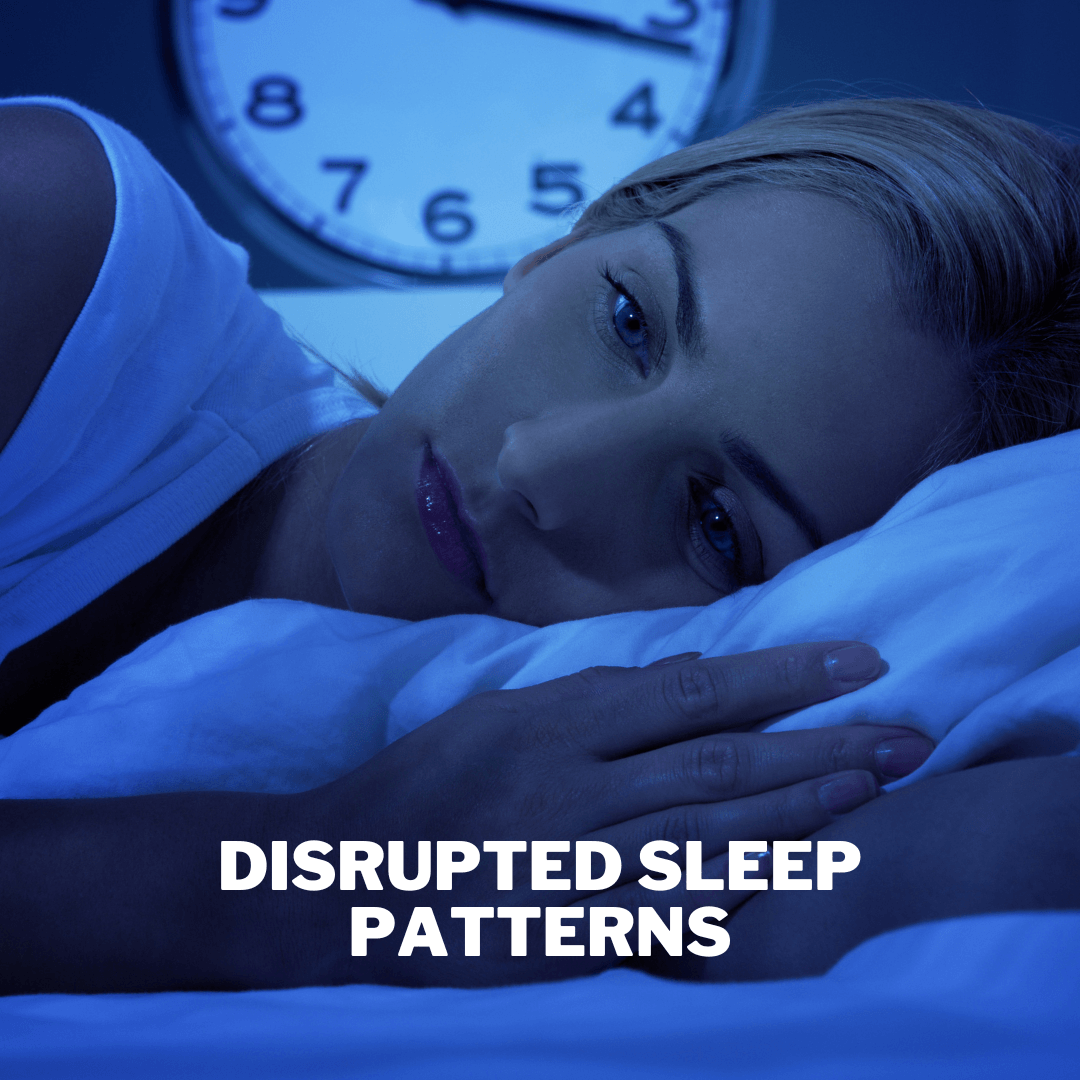
7. Disrupted Sleep Patterns
Excessive worry, stress, and anxiety can interfere with regular sleep cycles and make it difficult to fall asleep, stay asleep, or have a good night's sleep. This may lead to exhaustion, daily sleepiness, and a decline in cognitive ability.
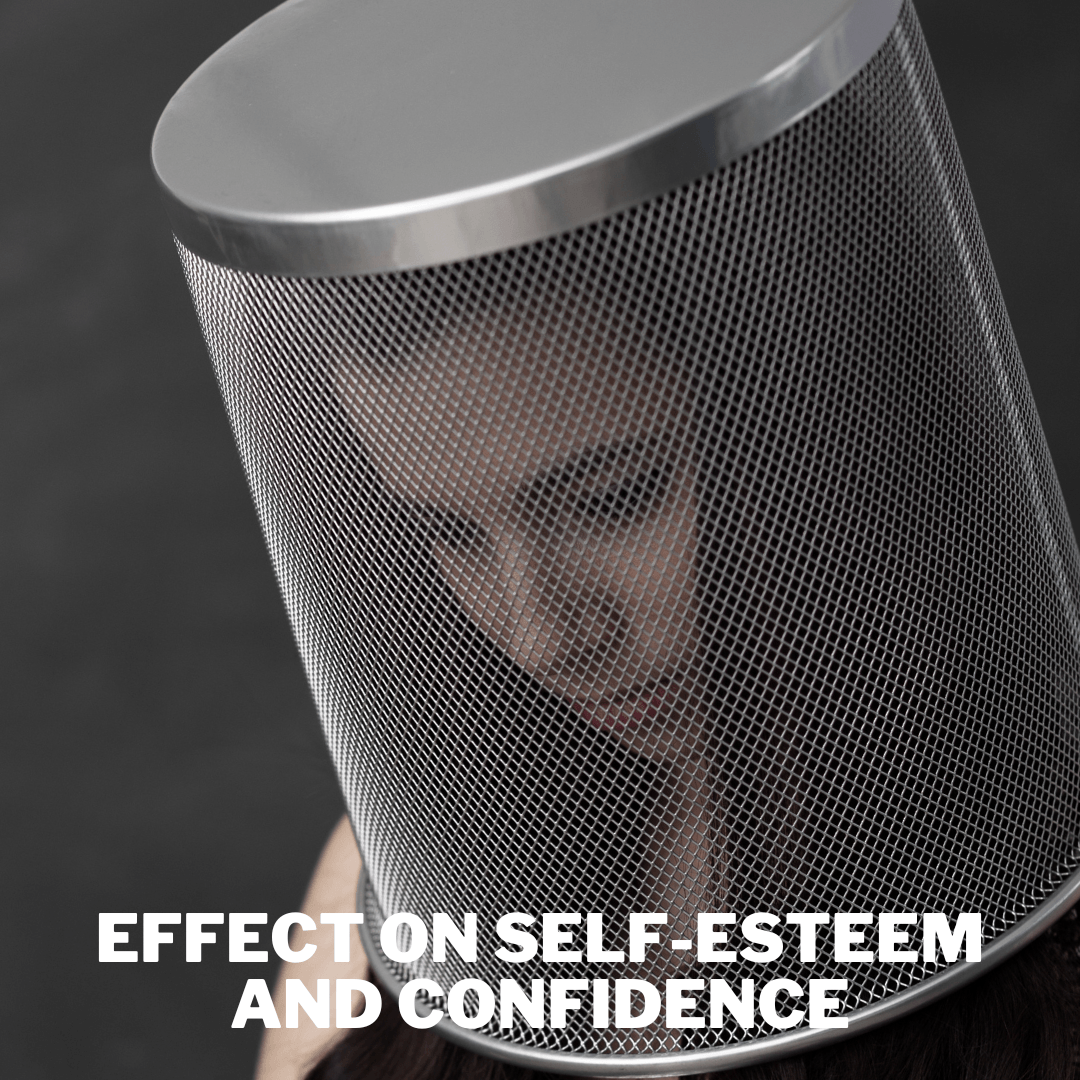
8. Effect On Self-Esteem And Confidence
Anxiety, stress, and worry can lower one's self-worth and confidence.
A person's confidence in their talents can be undermined by persistent self-doubt, negative self-talk, and excessive worrying about prospective failures or judgments from others, resulting in self-limiting behaviours and lower self-assurance.

9. Financial Effects
Constant worry, stress, and anxiety can affect finances. Lack of appropriate focus and anxiety management can affect how well one performs at work, resulting in lower productivity, missed opportunities, and even career losses.
The expenditures involved with receiving treatment or dealing with the effects of anxiety-related disorders can also cause financial concerns.

10. Effect On Social Life
Anxiety, tension, and worry all greatly impact our ability to engage in and enjoy social situations. A person's fears and worries may cause them to shun social problems or isolate themselves.
As a result, the detrimental impacts on mental and emotional health may persist, resulting in feelings of isolation, social isolation, and a reduction in support networks.

11. Impact On Respiratory Health
Anxiety, stress, and worry can hurt one's breathing ability, exacerbating respiratory diseases like asthma.
People may experience hyperventilation, fast breathing, or shortness of breath when their anxiety is at its highest. These symptoms can heighten their emotions of fear and distress.

12. Increased Substance Abuse Risk
People who experience persistent anxiety, stress, and concern may turn to drugs, alcohol, or smoking as a coping mechanism.
Substance misuse and addiction may result from this, worsening the harm to one's mental and physical health and ability to operate.
Understanding the harmful effects of worry, stress, and anxiety is crucial, as is acting proactively to control and lessen these feelings.
To have a happier and happier life, one can seek professional assistance, engage in self-care, develop healthy coping skills, and cultivate a supportive network.
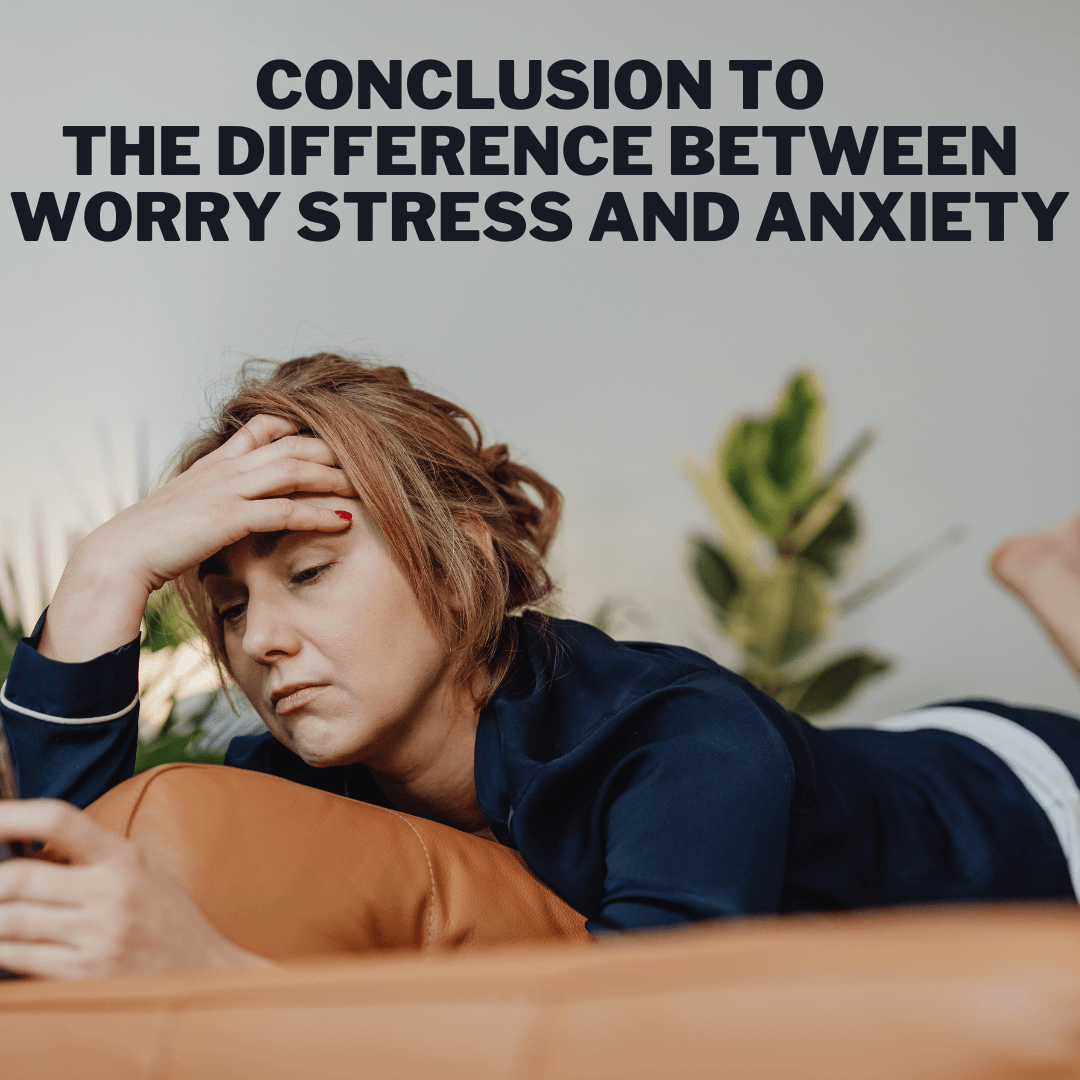
Conclusion
In conclusion, although having similar emotional experiences in worry, stress, and anxiety, these emotions are separate and have different repercussions on people's lives.
Stress develops in reaction to external pressures and demands, whereas worry often results from concerns about specific future events or outcomes.
On the other hand, anxiety frequently lacks a precise cause and can appear as a more all-encompassing and pervasive sense of dread.
To manage these emotions effectively, it's vital to comprehend the distinctions between worry, stress, and anxiety.
People can handle these situations and enhance their general well-being by getting the right assistance, creating healthy coping mechanisms, and using stress-reduction tactics.
It's critical to remember that occasionally, feeling anxious or stressed is a specific aspect of life.
To address and manage these emotions effectively, seek professional advice if they become overpowering, persistent, or interfere with everyday functioning.
People can achieve greater balance, resilience, and general mental well-being by proactively addressing worry, stress, and anxiety.
I trust you enjoyed this article about The Difference Between Worry Stress And Anxiety. Please stay tuned for more blog posts to come shortly.
JeannetteZ
>>>Please click here to read my all-inclusive article about Lessons That Will Teach You All About Stress<<<
>>>Are you interested in Natural Healing And Stress Relief through Herbs? Please click here for my #1 Recommendation<<<
Your Opinion Is Important To Me
Thoughts? Ideas? Questions? I would love to hear from you. Please leave me your questions, experiences, and remarks about The Difference Between Worry Stress And Anxiety in the comments section below. You can also reach me by email at Jeannette@Close-To-Nature.org.
Disclosure
This post may contain affiliate links. I earn from qualifying purchases as an Amazon Associate and other affiliate programs. Please read my full affiliate disclosure.
You might also enjoy these blog posts:
9 Best Ways To Relieve Stress And Anger
Natural Vitality Natural Calm Gummies
How To Relieve Stress And Anxiety

